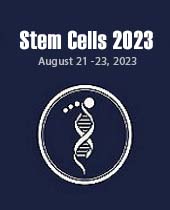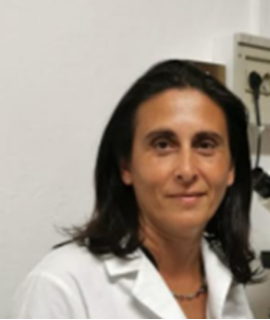Title : Transcriptional changes are induced by sub-lethal 5-fluorouracil treatment in planarian stem cells
Abstract:
The in vivo study of mammalian adult stem cells and their relationship with neighbor tissues, the so called niche, is problematic due to the rareness of these cells dispersed into host tissues. Planarians, endowed with an abundant and experimental accessible population of pluripotent adult stem cells, the neoblasts, represent an alternative model system to challenge in vivo stem cell biology. Neoblasts are a transcriptionally heterogeneous population of stem cells constantly involved in physiological cell turnover and making planarians able to regenerate any missing body part. Challenging conditions causing a strong reduction in neoblast number, such as sub-lethal X-ray treatment, produce an impressive rescue process in which the remaining neoblasts repopulate the entire body, thus representing an ideal model system to understand the mechanisms orchestrating neoblast dynamics/fate. We identified the treatment with the genotoxic drug 5-fluorouracil (5-FU) as a new challenging condition that promotes a strong reduction in proliferating cells. By whole mount in situ hybridization, immunostaining and BrdU labeling we analyzed the expression of several markers for stem cells, committed cells and differentiated tissues.We found that 5-FU treatment inhibits cell proliferation producing deep changes in stem cell transcriptional profile which loss the expression of canonical markers for stem cell pluripotency. However, after an initial latency period some of these cells next to the ventral nerve cords, reacquire a pluripotency transcriptional signature, reenter cell cycle and repopulate the entire complex neoblast system. Our findings support the possibility that at least some neoblasts, in the earlier steps of commitment (or even post mitotic early progeny), can modify their expression profile and reacquire a wider differentiative potential suggesting a great plasticity of planarian stem cells in vivo.


